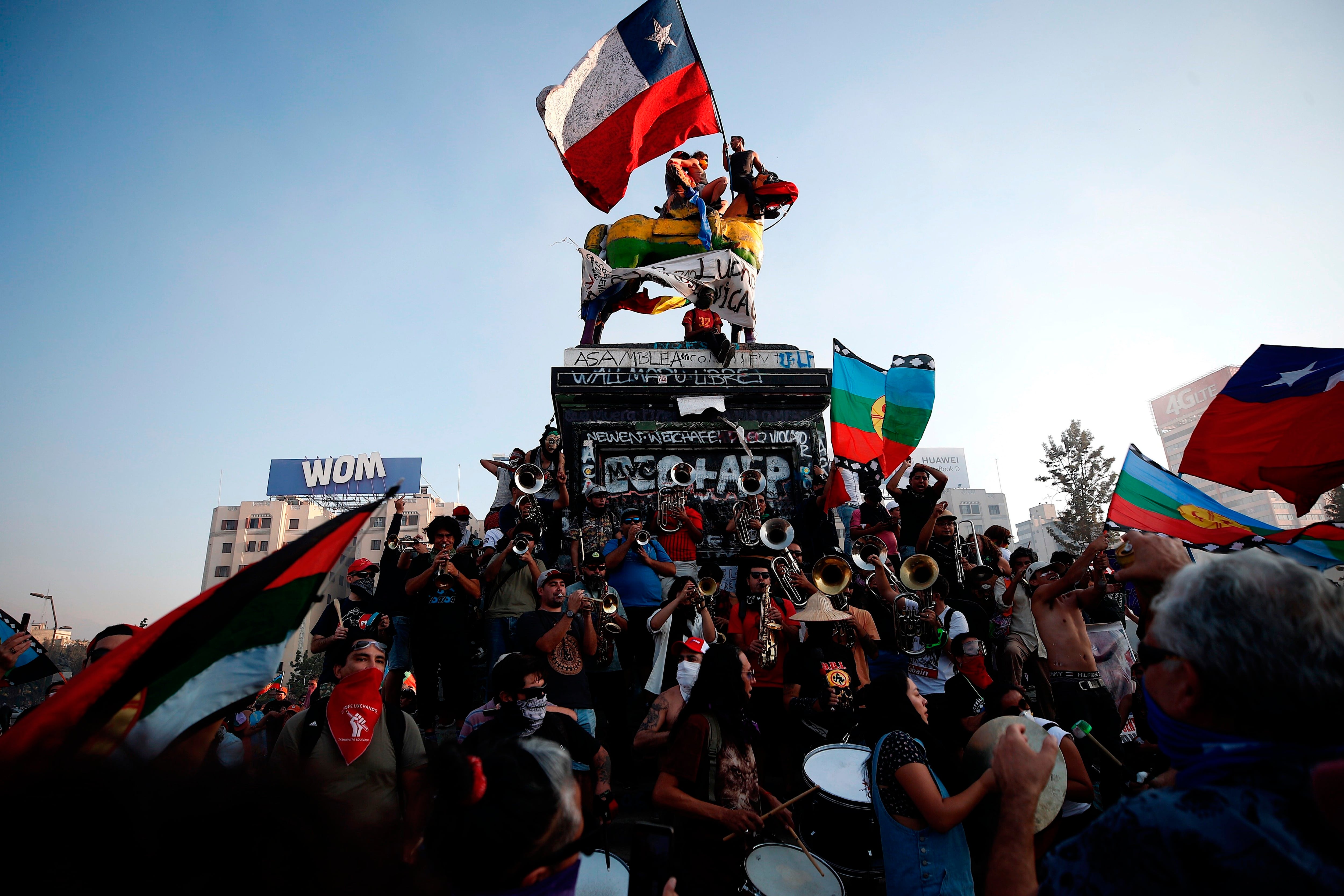
Words are an indispensable tool for everyday communication and despite the fact that the Spanish language has a wide “formal” vocabulary to express ideas, emotions or describe people, many informal terms are used in Mexico that sometimes come from other countries even though, in most cases, it is unknown its origin.
However, it is common for these “foreigners” to be added a “Mexican touch”, something that happens with “facho (a)”, a word that is often used incorrectly.
The Royal Spanish Academy (RAE) defines “facho (a)” as a derogatory adjective used to talk about people who are fascist or who support “a reactionary political ideology”. He mentions that it comes from “facha” and this in turn is the root of the Italian faccia, which can have three meanings: the first and the one that most adapts to the way in which it is used in the country is “a mamarracho or adefesio”.
The second has to do with a person wearing a “costume or mask” and the third refers to a “stroke, figure or aspect”. On the other hand, it is also illustrated that it has a close relationship with the phrase “walk in fachas”, which means “dress inappropriately”.
For its part, the Dictionary of Americanism states that it is a synonym for stealing or robbing, it is also detailed that in the country where it is most used with this connotation is in Cuba.

Specialist Armando Colina emphasizes that for a long time the term has been used incorrectly in the territory, since it has been used to speak of someone who is “rude, haughty, proud, lout, or even, who has a leftist ideology”.
The researcher details that, contrary to what is believed, the word has nothing to do with what has just been mentioned, since it is “an adjective to denote a person who is fascist, it comes from Italian fascio and Latin fascēs that allude to the signs of authority used by the Romans”.
In addition, author Francisco Belaunde explains that one of the possible misinterpretations of “facho” may be because a long time ago that word began to be used to refer to someone “smug, with bad intentions and exploited, as at one time the two most famous fascist leaders in the world did: Adolf Hitler and Benito Mussolini”.

Since then, it began to be believed that “facho (a)” was a simple way of naming someone arrogant and proud, when in reality they were only being compared to the reactionary thinking of Hitler and Mussolini.
The same source points out that society adopted a distorted idea that very soon began to spread and be used colloquially. It is also emphasized that it should be used with care, since, if used in an inappropriate context or with someone who really knows the meaning, it can be taken as an offense because being compared to a fascist implies “despising values such as race, homeland and territory, resulting in the oppression of minorities and a strong militarism to eliminate all those who are not considered 'equal'”.

The RAE emphasizes that it is a word that is also used in countries such as Argentina, Uruguay and Chile. Meanwhile, Colina points out that the dissemination of the term in countries of South America was very common because of the dictatorships that developed in those territories, where “it was customary to call “facho” anyone who was in favor of authoritarian regime”.
Finally, even if in Mexico “facho” is related to someone who is ill-educated or poorly dressed, the reality is that every time someone is called that it is because they are being called a fascist.
KEEP READING:
Últimas Noticias
Debanhi Escobar: they secured the motel where she was found lifeless in a cistern
Members of the Specialized Prosecutor's Office in Nuevo León secured the Nueva Castilla Motel as part of the investigations into the case

The oldest person in the world died at the age of 119
Kane Tanaka lived in Japan. She was born six months earlier than George Orwell, the same year that the Wright brothers first flew, and Marie Curie became the first woman to win a Nobel Prize

Macabre find in CDMX: they left a body bagged and tied in a taxi
The body was left in the back seats of the car. It was covered with black bags and tied with industrial tape
The eagles of America will face Manchester City in a duel of legends. Here are the details
The top Mexican football champion will play a match with Pep Guardiola's squad in the Lone Star Cup

Why is it good to bring dogs out to know the world when they are puppies
A so-called protection against the spread of diseases threatens the integral development of dogs




